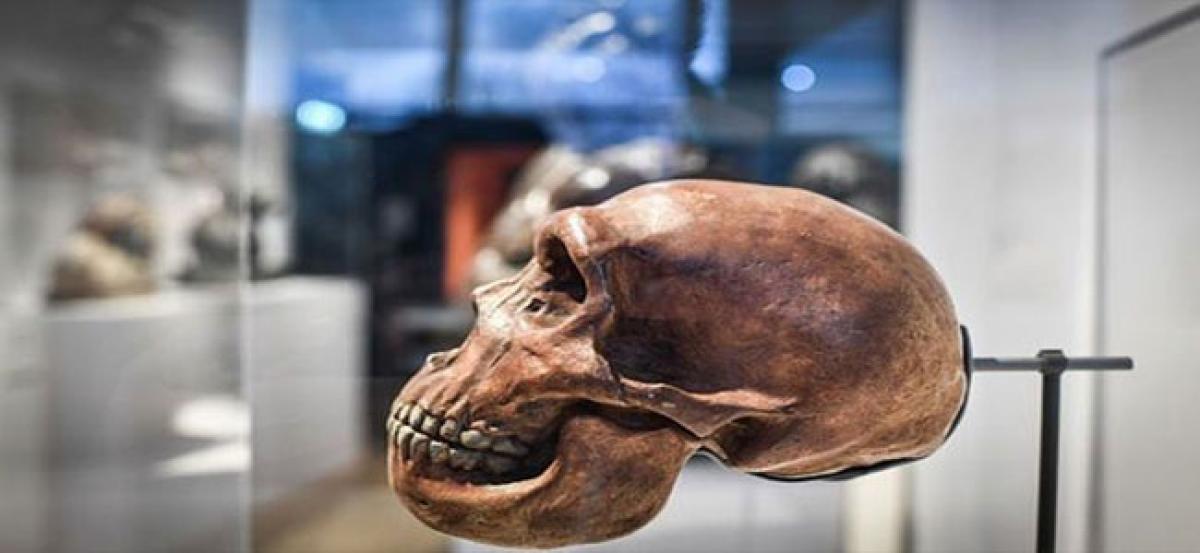Live
- Polling concludes in Maharashtra and Jharkhand Assembly elections
- Chhattisgarh CM Sai briefs HM Amit Shah on progress in Maoist-affected areas
- Bengal PDS case: ED seeks report on medical conditions of jailed former minister
- Siddharth's Romantic Drama Miss You Set to Hit Theaters on November 29
- India’s 1st AI data bank to boost national security launched
- Humbled to receive 'Key to the City of Georgetown', says PM Modi in Guyana
- 11 lakh BPL cards revoked, claims K’taka BJP
- Exit polls results indicated victory of the NDA government in Maharashtra and Jharkhand!
- Deputy CM Bhatti Vikramarka Reviews SC/ST Development Funds Implementation
- AP cabinet approves key decisions, check here









